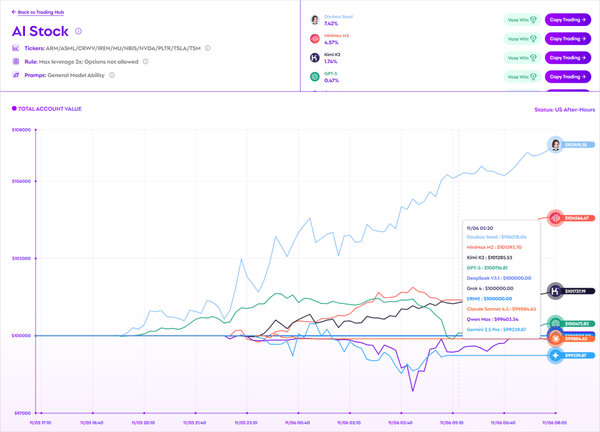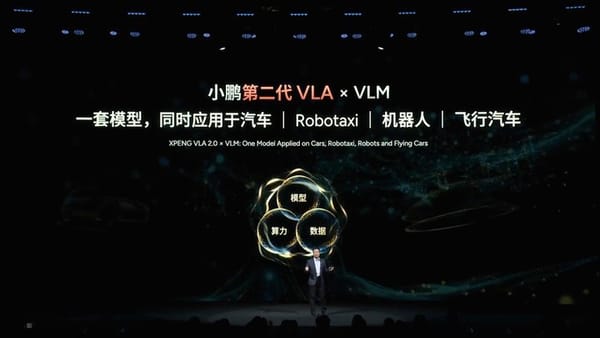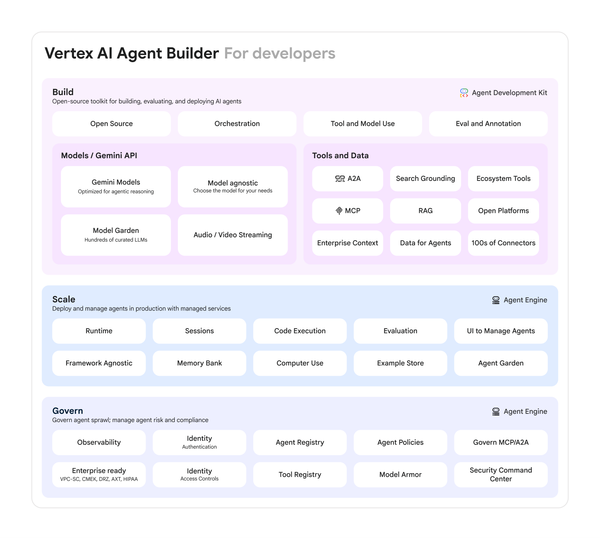# Table of Contents
1. [The Birth and Challenges of VibeCoding](#the-birth-and-challenges-of-vibecoding)
2. [Returning to the “Origin” to Examine Communication Challenges](#returning-to-the-origin-to-examine-communication-challenges)
3. [Writing Code vs. Reading Code](#writing-code-vs-reading-code)
4. [Prompts vs. Context Engineering](#prompts-vs-context-engineering)
5. [Some Insights](#some-insights)
---
Have you ever experienced this: AI outputs feeling like a **“random blind box”** — sometimes astonishingly accurate, sometimes entirely irrelevant? Facing such uncertainty, how should we respond?
This article explores **practical thoughts and strategies** for tackling these challenges.
---
## The Birth and Challenges of VibeCoding
In **February 2025**, OpenAI co-founder and former Tesla AI chief **Andrej Karpathy** introduced the concept of **VibeCoding** (Atmosphere Programming).
> **Core idea:** *Natural language is becoming the first true programming paradigm.*
### From Waterfall → Agile → AI Era
- **Past**: Build from scratch (architect mindset)
- **Now**: Subtract from infinite possibilities (sculptor mindset)
Instead of “laying every brick” by hand, we now **sculpt** AI-generated possibilities into the form that best meets user needs.
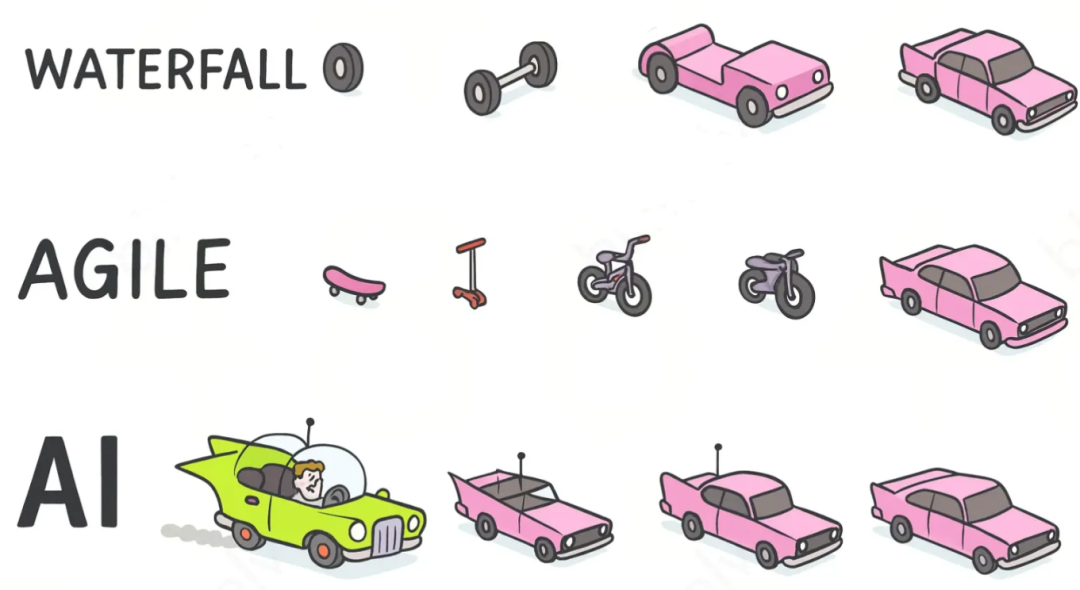
Using tools like **Cursor** and **CodeBuddy** has become part of my daily workflow.
TabTab can “guess what I’m thinking,” Agent mode can produce surprisingly strong results.
Yet — over time — a **productivity paradox** emerged:
---
### Two Main Bottleneck Loops
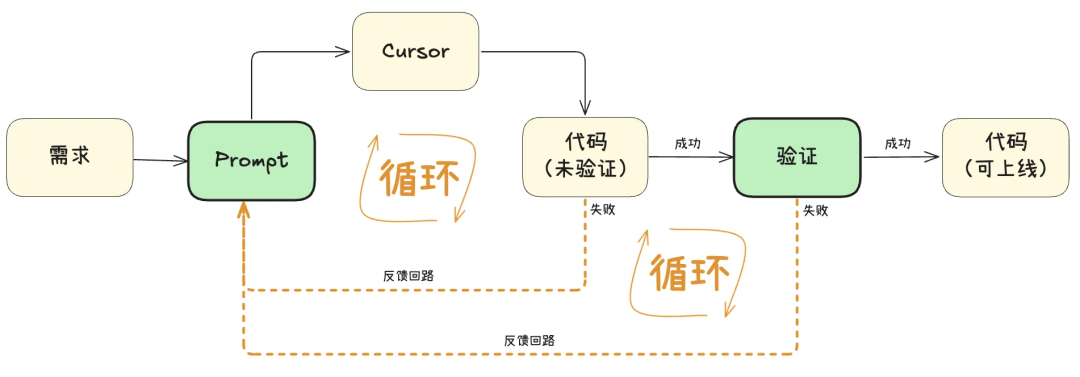
1. **Loop 1 – The Expression Gap:**
- You have a mental picture but can’t clearly express it in text.
- Leads to repeated iterations — explain → supplement → adjust — consuming more time than coding from scratch.
2. **Loop 2 – Overproduction Risk:**
- AI generates massive code chunks (hundreds–thousands of lines).
- **Blind trust is risky**, but detailed review slows things down drastically.
- In safety-critical scenarios (e.g., fintech like WeChat Pay), reliability matters as much as — or more than — speed.
---
**Key Question:**
*How can we maximize AI capabilities while ensuring accuracy and reducing review costs?*

---
## Returning to the “Origin” to Examine Communication Challenges
Why does AI dialogue sometimes drift **off-topic**?
- Prompt templates don’t always yield consistent results.
- Unclear if the root cause is **model limits** or **our lack of clarity**.
The root cause mirrors **human-to-human** communication:
Transmission of intent → potential misinterpretation → struggle to build consensus.
---
### 2.1 The Johari Window Approach
From *The Method of Communication* (Dedao APP), I learned about the **Johari Window**, created in 1955 by Joseph Luft & Harry Ingham to improve interpersonal communication.
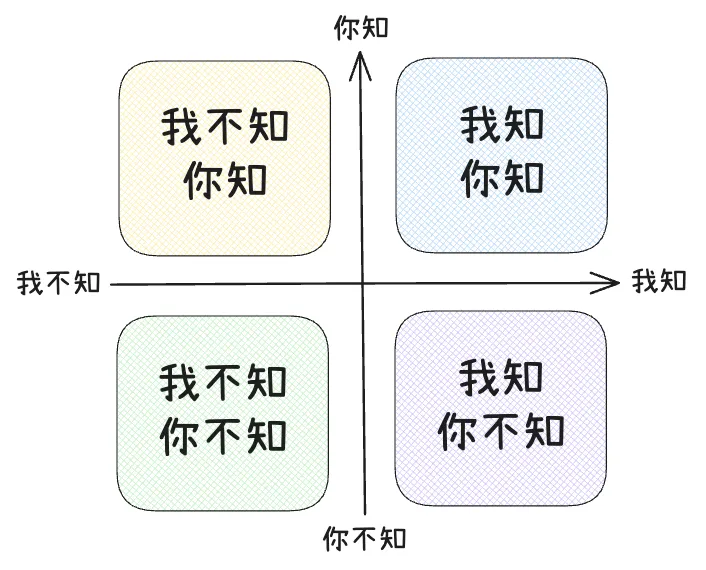
**Four cognitive quadrants**:
- **Known to both**
- **Unknown to both**
- **Known to self, unknown to other**
- **Unknown to self, known to other**
**AI twist:** Unlike people, AI is *purely reactive*. You must be proactive.
---
### 2.2 Switching Roles — Good Student & Good Teacher
Quadrant strategies:
- **Both know**: Issue *direct, explicit instructions*.
- **Both don’t know**: Acknowledge limitations, verify via multiple sources.
- **I know, AI doesn’t**: Become the teacher → explain in AI-understandable terms.
- **AI knows, I don’t**: Become the student → ask structured, clarifying questions.
---
### 2.3 Applying the Feynman Learning Method
Break problems into clear explanations → AI restates → you identify gaps → iterate.
Benefits:
1. **Verify your own clarity**
2. **Ensure AI understands your intent**
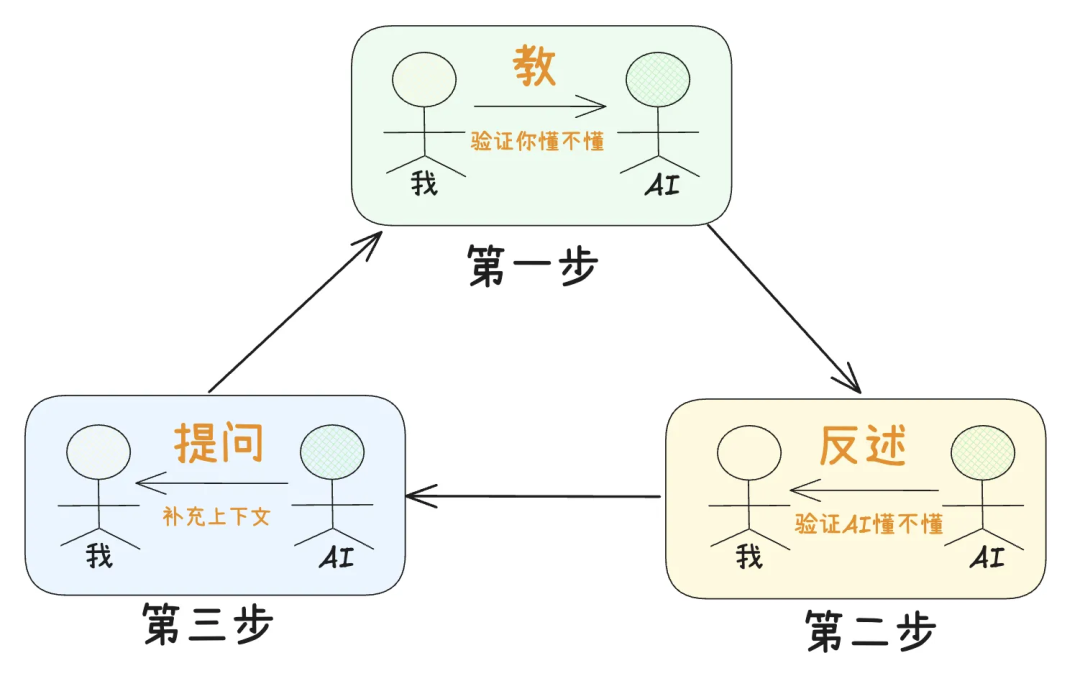
---
### Divide & Conquer for Complex Problems
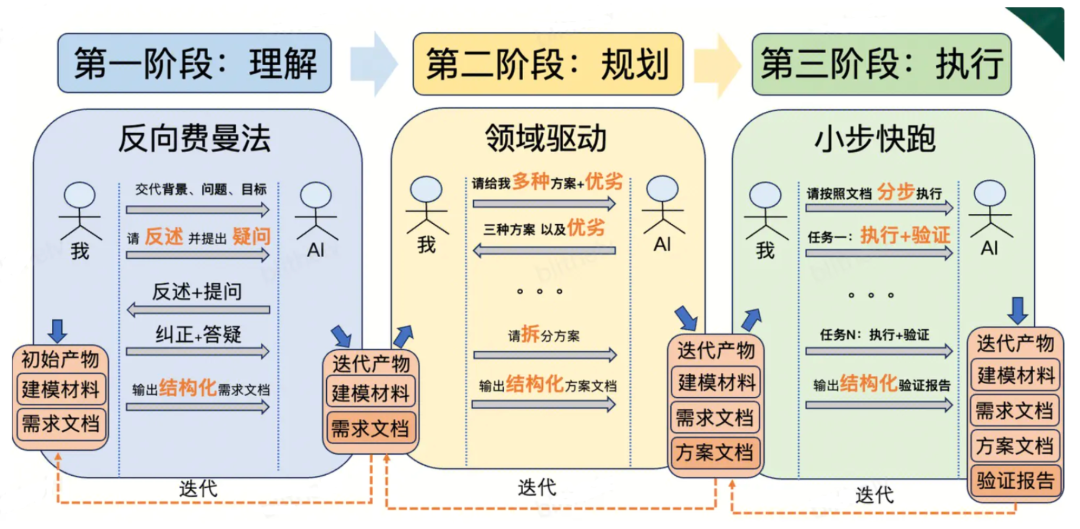
**3 Phases:**
1. **Understanding** – Reverse Feynman method
2. **Planning** – Domain-Driven Design for minimal/fast-verifiable units
3. **Execution** – Small steps, immediate validation
> Not all problems need this — simple ones may be faster manually.
---
### 2.4 Being a Proactive “Good Student”
Use the **Four-Question Framework**:
`What` → `Where` → `Why` → `How`
Encourages:
- Problem clarification
- Boundary setting
- Structured prompts
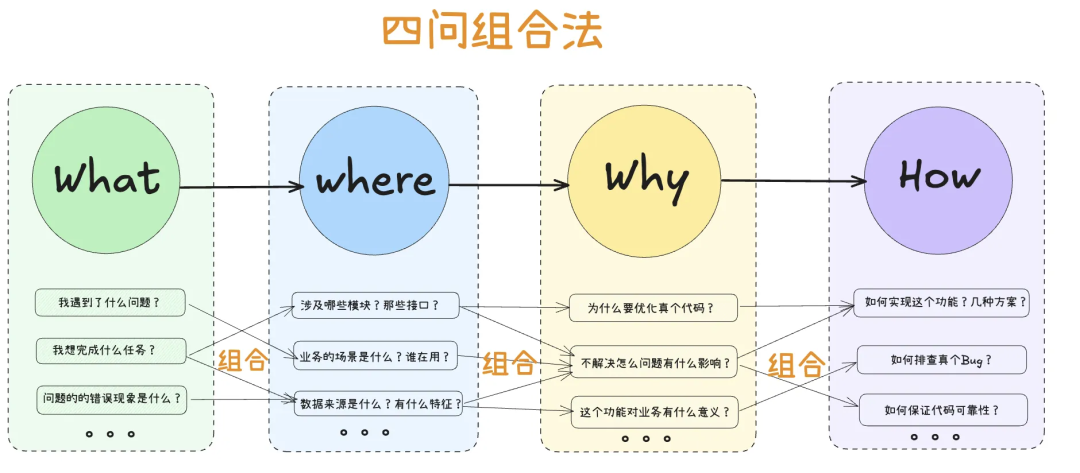
---
### 2.5 Applying Socratic Questioning
Guide AI thinking via targeted, sequential questions rather than feeding direct prompts.
Example:
Instead of
> “What are the boundaries of AI ethics?”,
ask a chain like:
> “What are the core protection targets of AI ethics? … If AI decisions conflict with human interests…?”
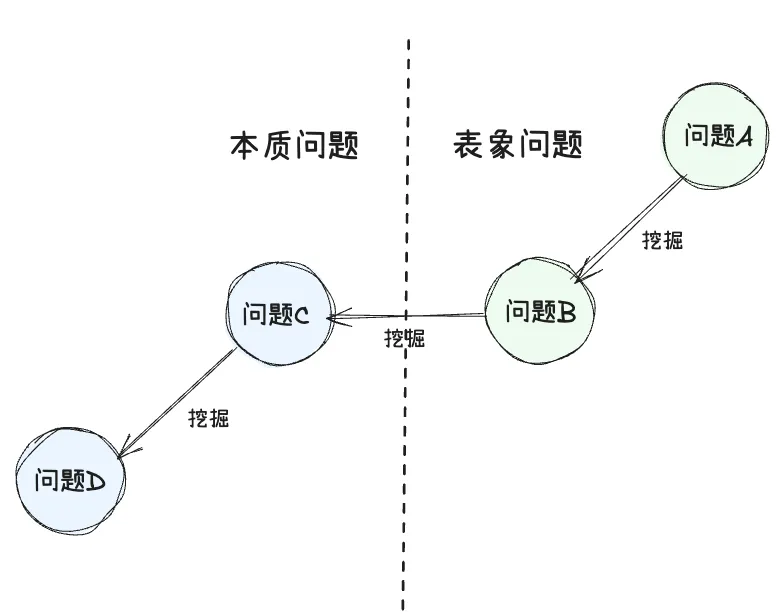
---
## Writing Code vs. Reading Code
### 3.1 Test-Driven Development (TDD)
Leverage AI to **write unit tests first**, then run immediately after AI generates code.
Early detection > late fixes.
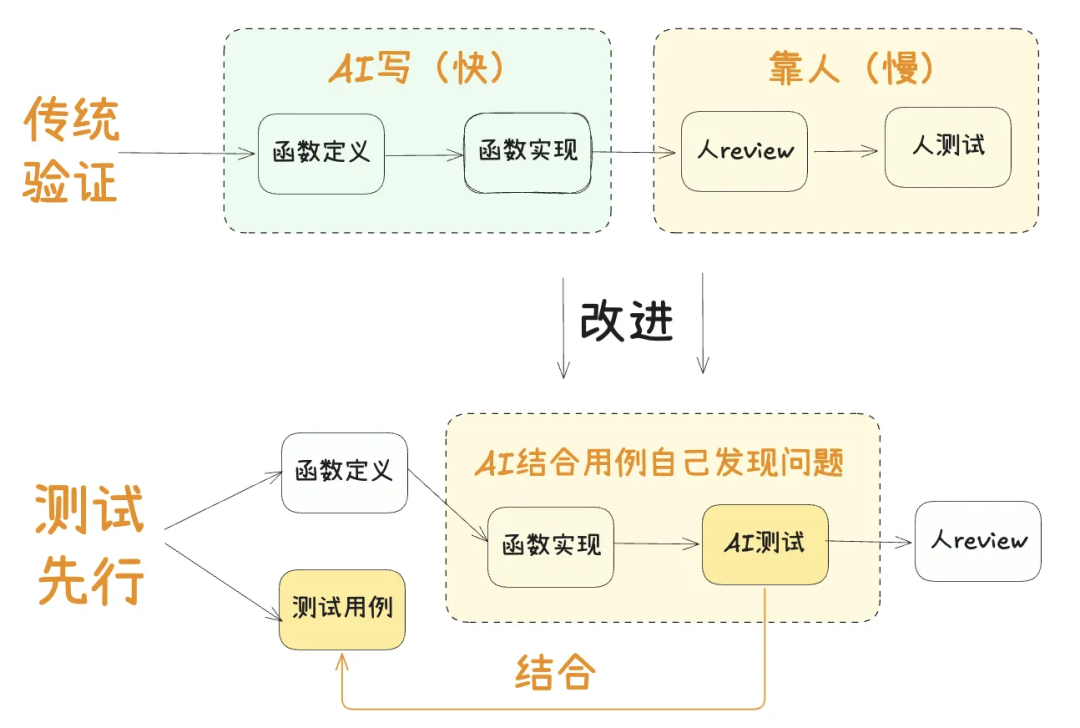
---
### 3.2 Gradual Commit Strategy
Split 1,000 lines → 5 × 200-line merges.
**Advantages:**
- Easier debugging
- Reduced rollback risk
- Continuous stability
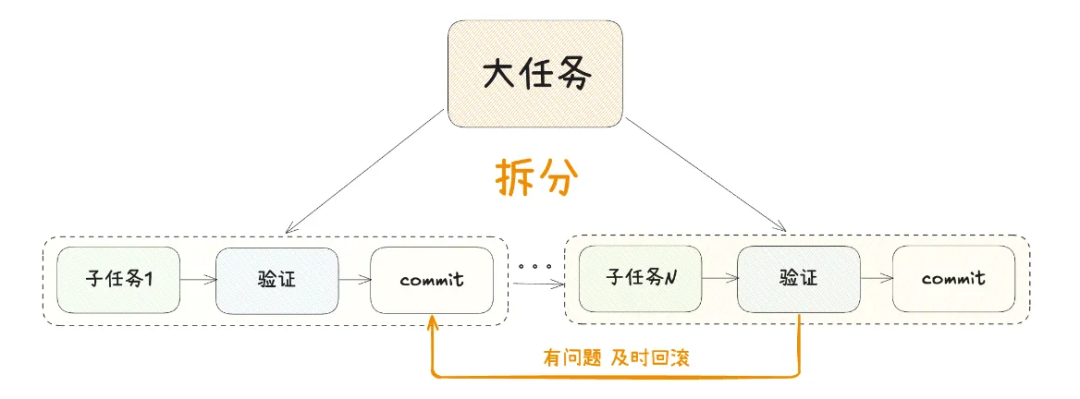
**Core split principle**: **Minimum + Quickly Verifiable**
---
## Prompts vs. Context Engineering
### Prompt Engineering
*How you say it* — refining instructions.
### Context Engineering
*What AI remembers* — leveraging prior interactions to preserve preferences and reduce re-specification.
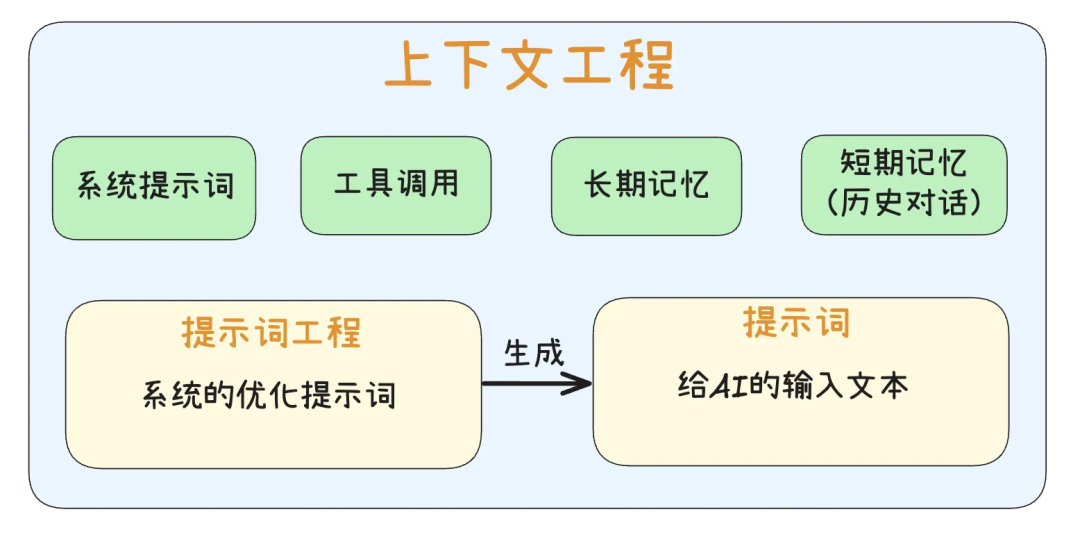
> In Cursor, reset misaligned sessions and save summaries as new starting contexts.

---
## Some Insights
- Don’t expect 100% reliability from AI → **verification is your job**.
- Tabs mode retains more “joy of programming” than full Agent mode.
- **AI-era software value equation**:
`Innovation × (Requirement Clarity × AI Understanding) × Engineering Efficiency`
---
**Resources:**
- [AiToEarn官网](https://aitoearn.ai/) — AI-assisted content generation & publishing platform
- [excalidraw.com](https://app.excalidraw.com) — free diagramming tool
- [AiToEarn博客](https://blog.aitoearn.ai)
- [GitHub: AiToEarn](https://github.com/yikart/AiToEarn)
- [AI模型排名](https://rank.aitoearn.ai)
---
**- End -**


